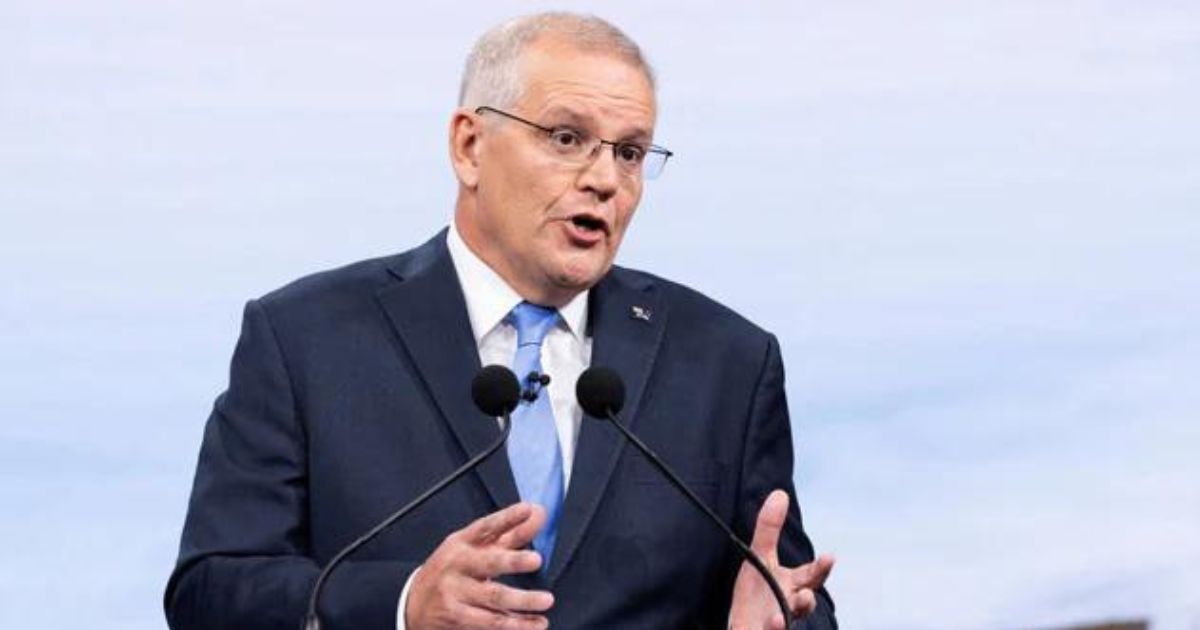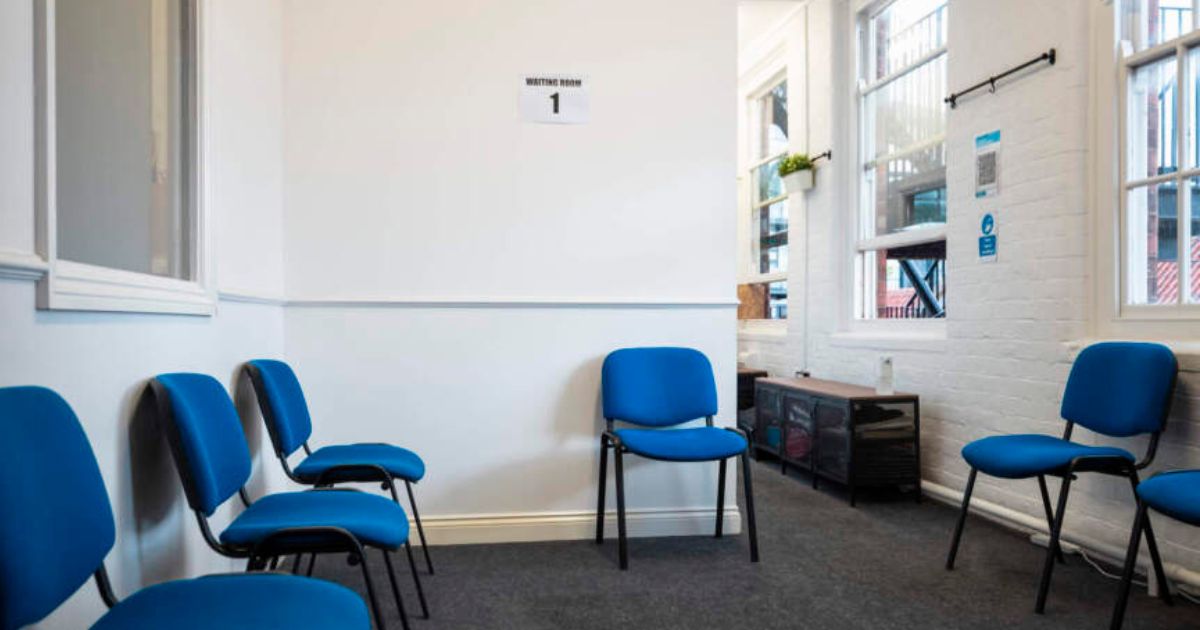In a stark revelation, recent data from the UK’s Office for National Statistics has exposed a concerning trend, indicating that over 560,000 young people aged 16 to 34 in the United Kingdom are currently unemployed. This alarming figure has emerged within just four years, painting a bleak picture of the economic landscape for the youth.
A report by The Guardian highlights that the increase in the number of young people jobless in the UK is linked to a growing mental health crisis. The data reveals that the number of individuals not working due to mental health issues has nearly doubled in the past 11 years, escalating from 6.7 percent in 2012 to a staggering 12.7 percent in 2023.
Young People Jobless In The UK – Root Causes and Expert Opinions
Experts attribute the soaring numbers to a combination of factors, emphasizing a critical mental health crisis and underinvestment in health services. The economic inactivity encompasses both those who are not currently employed and those who have disengaged from the workforce altogether.
David Strain, a professor at the University of Exeter and chair of the British Medical Association’s Board of Science, sheds light on the situation, stating that difficulties in accessing mental health services and “12 years of underinvestment in the public health sector” contribute significantly to the decline in population health.
Youth and Mental Health: A Worrying Trend
Reports from the Health Foundation indicate that the current generation of 16 to 34-year-olds is as likely to report a work-limiting condition as individuals aged 45–54 years a decade ago.
A separate survey conducted by the ONS labor force reveals that approximately 36 percent of individuals in the 16 to 34 age group who are out of work also suffer from mental health problems. Among these young individuals, prevalent issues include depression, anxiety, and nervous disorders.
Access to Mental Health Services
Professor David Strain criticizes the nation’s health service, asserting that it is more focused on treating sickness than maintaining overall health. He underscores the difficulties faced by individuals in accessing essential mental health services.
Despite the potential role played by long Covid in exacerbating mental health challenges, exact numbers remain challenging to ascertain.
Post-Pandemic Impact and Historical Trends
Researchers investigating the post-pandemic effects of unemployment due to mental health issues contend that these problems are not entirely new. They argue that the issues are part of a broader trend that extends back almost a decade to 2012.
The cumulative impact of 12 years of underinvestment in public health is reflected in the distressing statistics witnessed today.
Urgent Need for Intervention
The revelation of over half a million young people facing unemployment due to mental health issues in the UK serves as a stark wake-up call. The intertwining of mental health challenges and economic inactivity necessitates urgent intervention and a comprehensive approach to address both aspects.
As the nation grapples with this alarming trend, it highlights the imperative for increased investment in mental health services and a concerted effort to reshape public health policies to prioritize preventive measures.
In light of these concerning statistics, the immediate focus should be on bridging the gaps in mental health services, removing barriers to access, and fostering an environment that promotes overall well-being.
The implications of this crisis extend beyond the individual level to impact the broader socioeconomic landscape, emphasizing the critical need for collaborative efforts to reverse the current trajectory and build a healthier, more resilient future for the youth of the United Kingdom.








Leave a Reply
You must be logged in to post a comment.